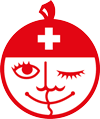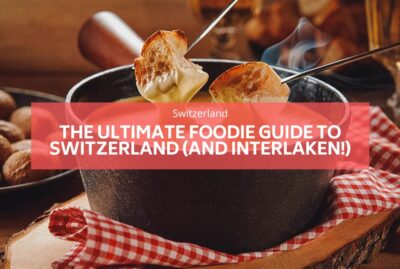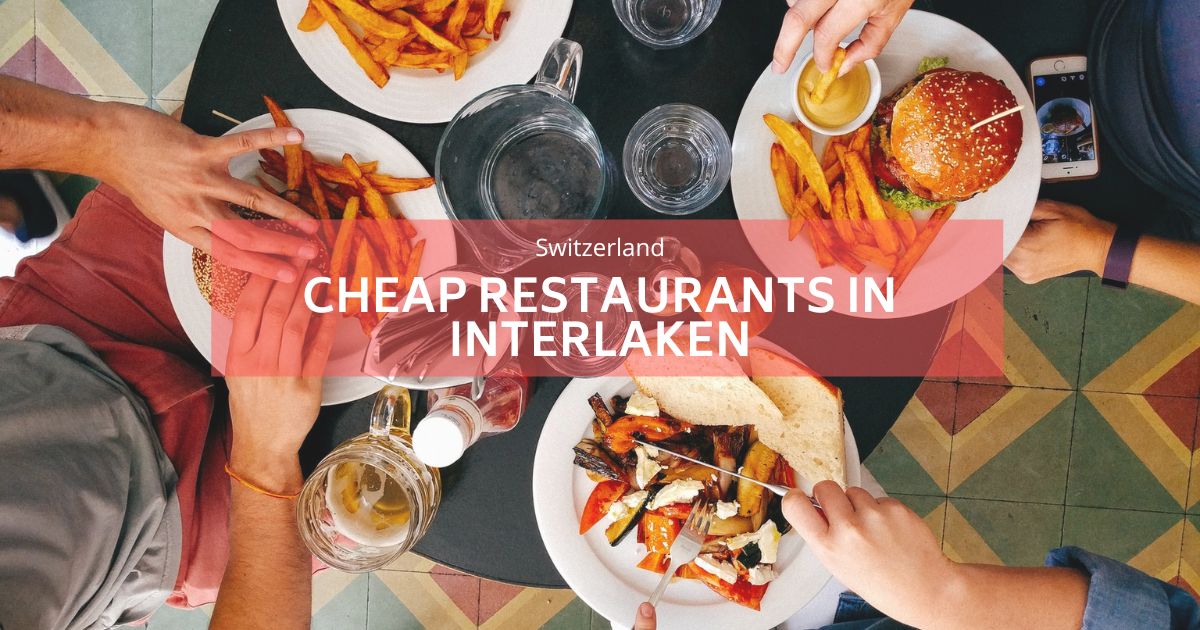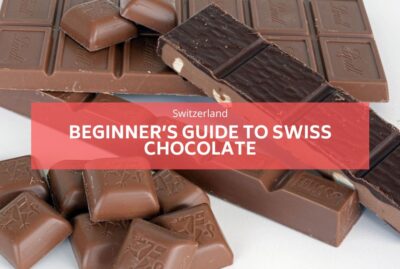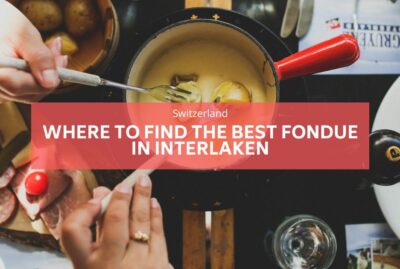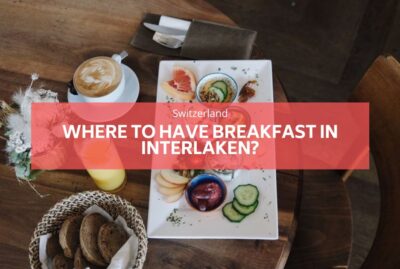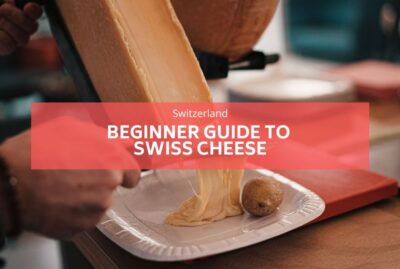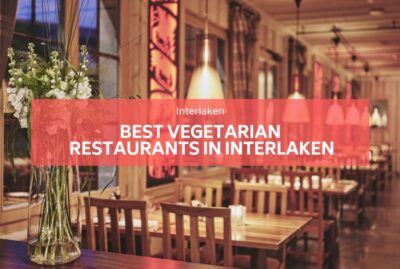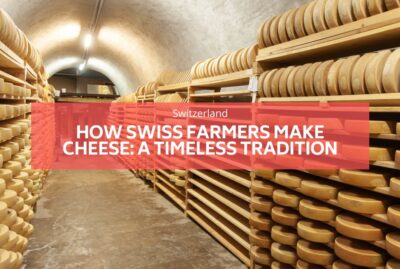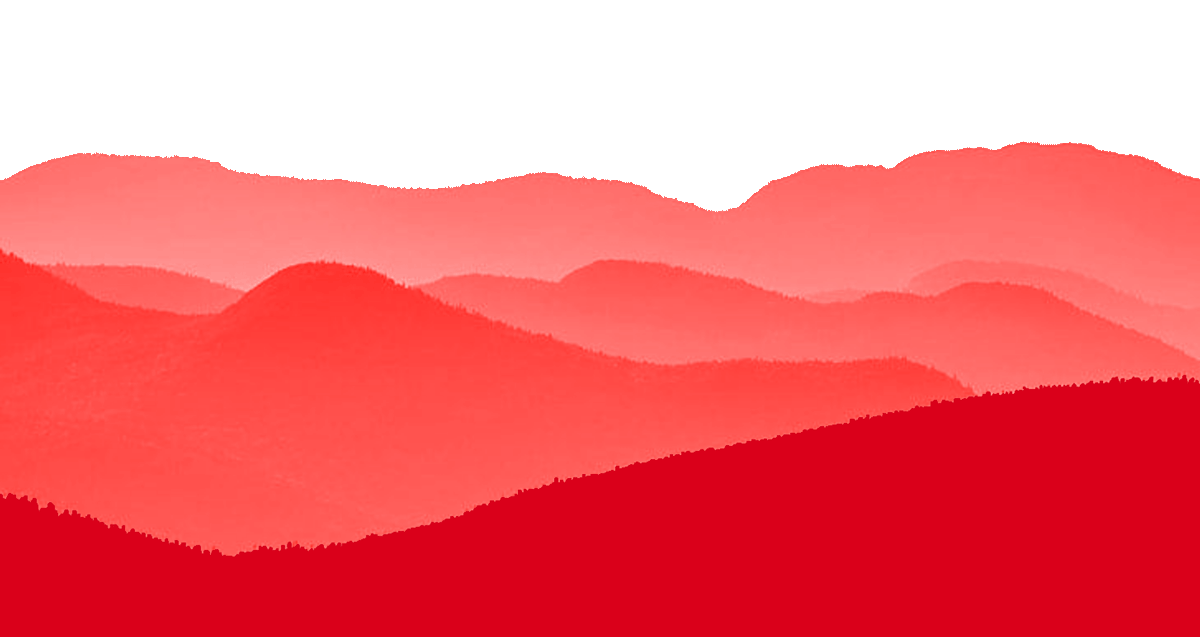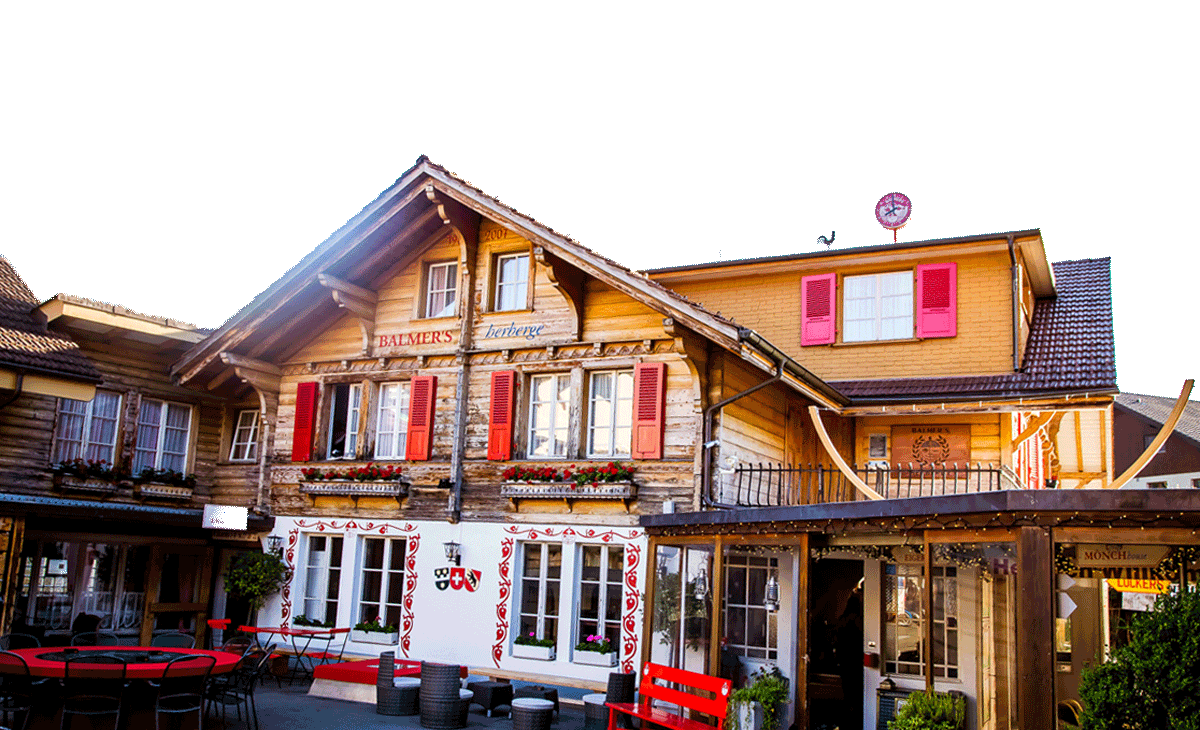Traditional Swiss Food: The Ultimate Guide for Hungry Explorers
When you think of Switzerland, you might picture snowy mountains, tidy villages, and lots of cheese. But Swiss cuisine is much more than just fondue (although yes, you should drown your bread in molten Gruyère at least once!).
Tasting local food is one of the best ways to connect with Swiss culture. Here’s your inside look at what to eat, fun facts to drop at the dinner table, and tips for where to get the real deal — straight from the Alps to your plate.
Here is our top traditional Swiss food you must try when visiting Interlaken
Cheese Fondue: Switzerland’s National Hug in a Pot
We could not start our Swiss food guide without starting with a steaming pot of melted cheese, a roaring fire, and a glass of white wine — fondue is a Swiss winter survival kit. The word comes from fondre, “to melt”, and your heart will too.
- Insider tip: Locals say if you drop your bread in the cheese, you owe the next round of schnapps!
- Try it: Look for a rustic chalet or cozy restaurant — or try it at your hostel if you’re on a budget.
How to make it at home: Rub your pot (caquelon) with garlic, heat dry white wine, then slowly add grated cheese (no crust!). Stir in a figure 8 so the cheese stays creamy. Never let it boil!
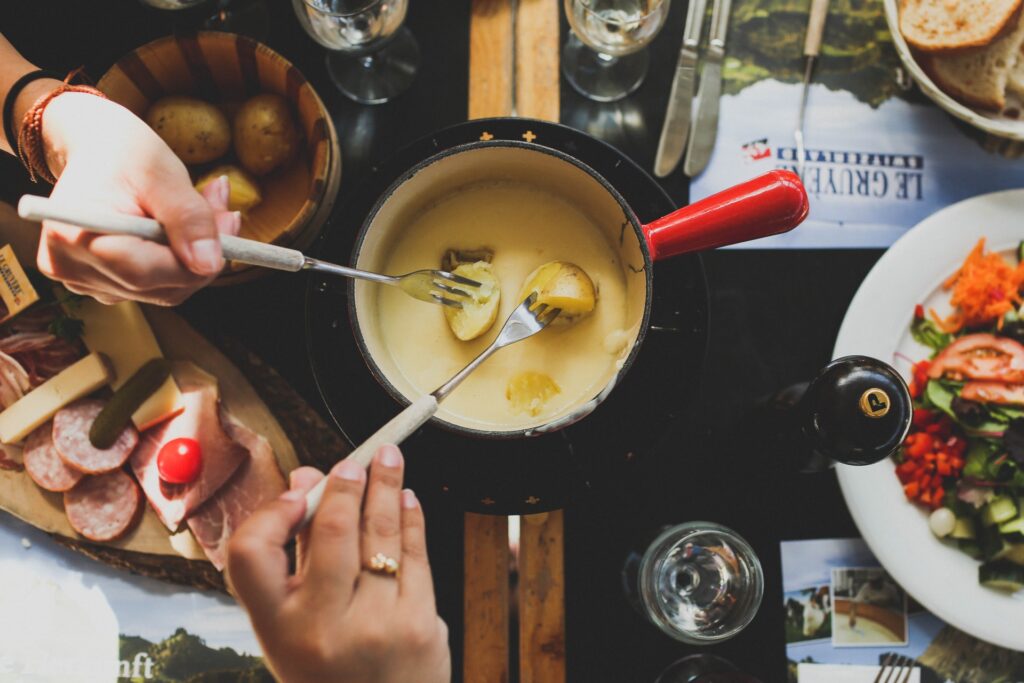
Raclette: Melt, Pour, Repeat
Let's continue with the well-known Swiss food, I named Raclette. Raclette is less “dip your bread” and more “smother everything in cheese”. Traditionally, a half-wheel of raclette cheese is melted by an open fire and scraped onto potatoes, pickles, and cured meats.
- Insider tip: If you see a raclette grill in a market, try it fresh — it’s miles better than the DIY versions.
- Upgrade: Add some local dried meat (Viande des Grisons) and a crisp white Fendant wine from Valais.
How to make a raclette?
Place a half-wheel of cheese on a stone or a wooden board near the embers until the cheese is melted. Once ready, the cheese could be served with a knife on the plate. Thanks to the wood fire, the cheese was smoked, giving a unique taste to your dish.
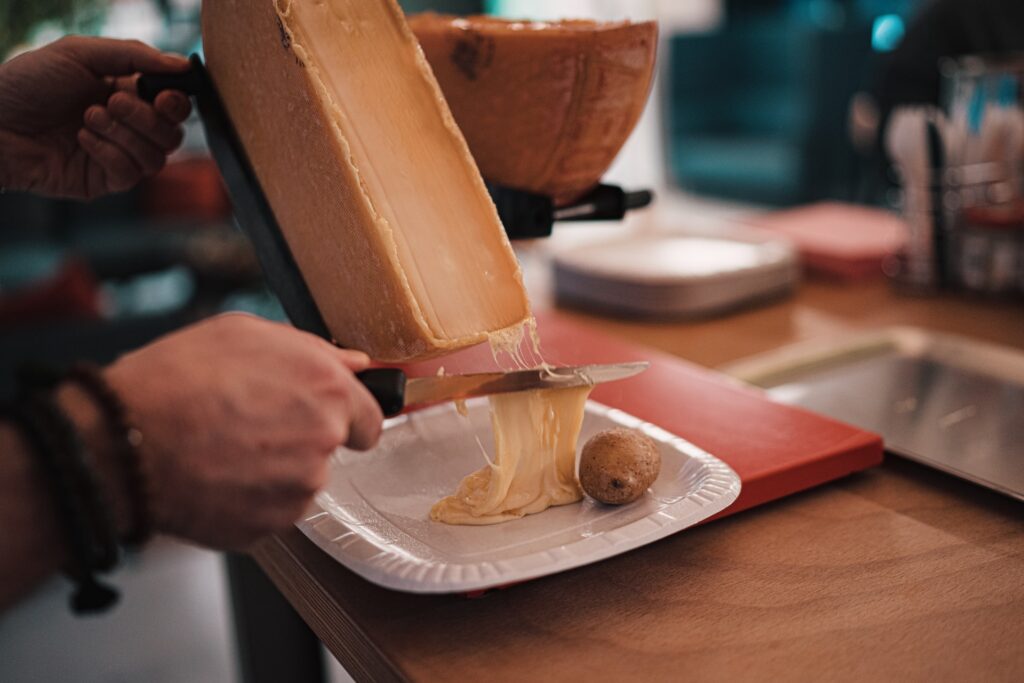
Älplermagronen: Swiss Mac & Cheese, Mountain Edition
The Swiss version of the Mac and Cheese.
When the merchants crossed the Gotthard with Italian pasta in their luggage, the alpine peasants quickly tasted it. They added potatoes, cream, and milk to the macaroni; thus, the chalet macaroni was born. A kind of gratin made with potatoes, macaroni, cream, and onions. An accompaniment not to forget: applesauce.
Think of Älplermagronen as what happens when Swiss alpine farmers discover pasta. It’s macaroni baked with potatoes, cream, onions, and cheese — and served with a side of applesauce. Sounds weird? It works!
- Be warned: It’s heavy. Save this for after a hike, or you’ll need a nap.
- Fun fact: Traditional dessert after this carb-fest? Gruyère meringues with double cream. Good luck walking anywhere.
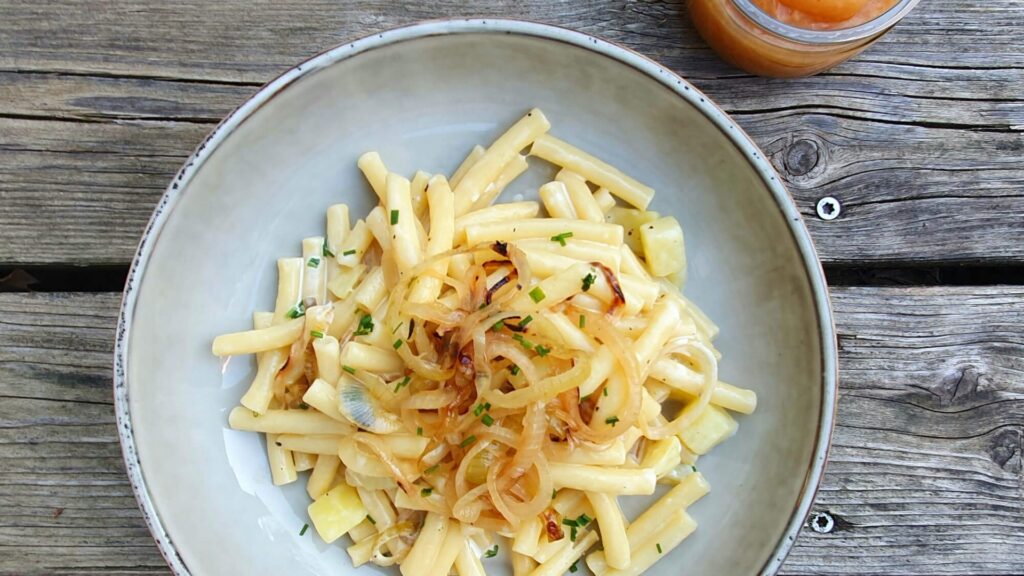
Rösti: The Swiss Breakfast (or Anytime) Hero
Rösti is Switzerland’s answer to hash browns — but bigger and better. Grated potatoes fried into a crispy cake, it was originally a farmer’s breakfast in Bern.
- Insider tip: Every canton has its style — some add cheese, bacon, or onions. Order “Rösti mit Speck” for a hearty version.
- Hash browns vs. Rösti? Rösti is cooked pan-sized and sliced like a pie, while hash browns are usually smaller patties.
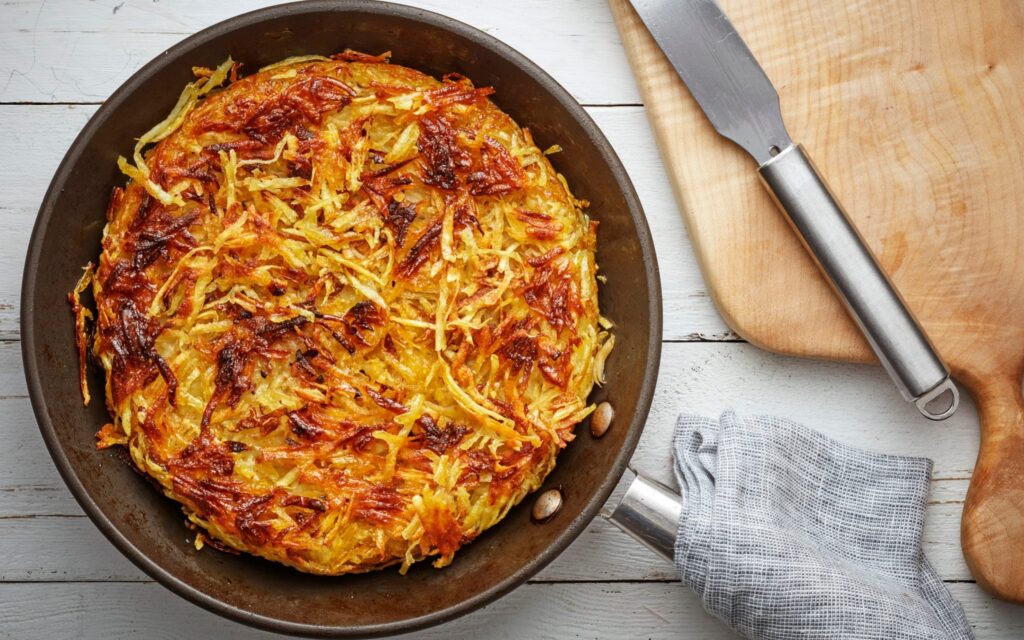
Bircher Muesli: The Healthy Swiss Superfood
Muesli is one of Switzerland’s proudest exports. Dr. Bircher-Brenner invented it in 1900 for his patients — today, you’ll find it in every hotel breakfast buffet. Fresh apples, oats, nuts, and lemon juice — the original overnight oats.
- Inside tip: Add a splash of cream for a real Swiss twist.
- Fun fact: Muesli was standard in the Swiss army rations. Strong soldiers, strong muesli.
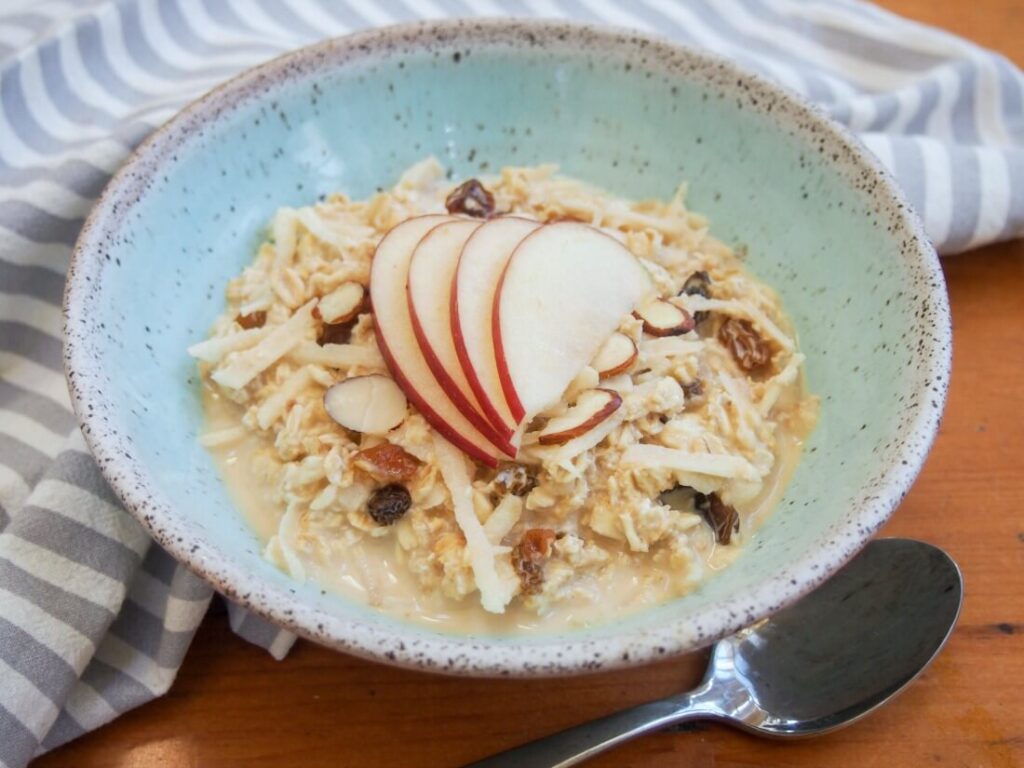
Swiss Chocolate: Pure Happiness in a Bar
Switzerland is one of the first countries to produce chocolate, thanks to several pioneers.
Did you know milk chocolate was invented in Switzerland? In 1875, Daniel Peter and Henri Nestlé figured out how to add milk to chocolate — and the rest is sweet history. From Cailler to Lindt to local bean-to-bar artisans, Swiss chocolate is a must.
In 1819, François-Louis Cailler opened a mechanized factory in Corsier-sur-Vevey, on the heights of Lake Geneva. In 1826, it was Philippe Suchard's turn to set up a chocolate factory in Serrières, in the canton of Neuchâtel. Until the end of the 19th century, chocolate makers multiplied, which popularized chocolate in Switzerland.
In 1875, Daniel Peter thought of combining chocolate and milk. After many trials in his factory in Vevey, he found the right mixture and quickly met with great success, which would definitively link chocolate to Switzerland.
- Where to try: Don’t just buy it at the supermarket. Many chocolatiers offer tastings or tours, and they’re worth it.
- Deep dive: Check out our Beginner’s Guide to Swiss Chocolate for all the delicious details.
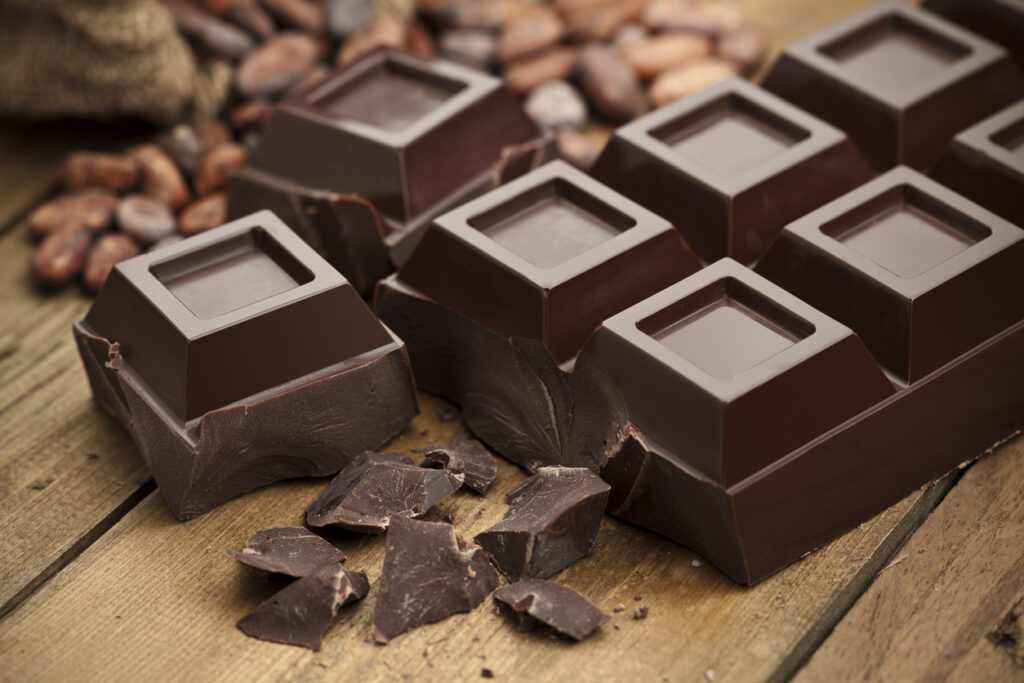
Hungry in Interlaken? Here’s More!
Switzerland is a food lover’s dream — especially in Interlaken, where you can eat fondue with a mountain view or grab a fresh muesli before hitting the trails.
Want more tasty secrets? Read our full guide: The Ultimate Foodie Guide to Switzerland (and Interlaken!)
